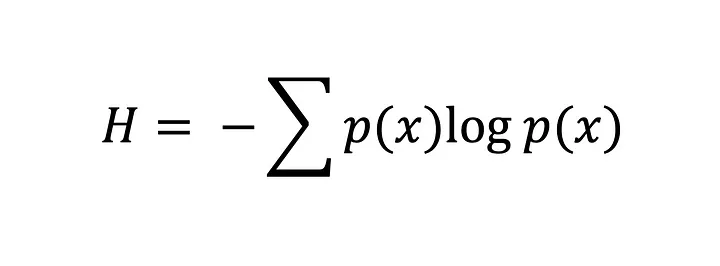What's derive mean in Rust
In Rust, the term “derive” typically refers to a procedural macro that automatically implements certain traits for your structs or enums. This feature helps reduce boilerplate code by generating implementations based on the structure of your types.
Common Usage of derive
When you use the #[derive(...)] attribute above a struct or enum, you’re telling the Rust compiler to automatically generate implementations of specified traits. Some common traits that can be derived include:
Debug: Enables formatting the struct for debugging.Clone: Allows creating a copy of the struct.Copy: A marker trait for types that can be duplicated simply by copying bits (usually simple types).PartialEq: Enables comparison using==and!=.Eq: A marker trait for types that can be compared for equality.PartialOrd: Allows comparison using<,>, etc.Ord: A trait for types that have a total ordering.
Example
Here’s a simple example of using derive in Rust:
1 |
|
Custom Derive Macros
You can also create your own custom derive macros to implement traits specific to your application. This involves writing a procedural macro that generates the appropriate code.
Summary
In summary, derive in Rust is a powerful feature that simplifies the implementation of common traits for your types, allowing for cleaner and more maintainable code.
In Rust, if you derive the Default trait for a struct or enum, it allows you to create a default value for that type. The Default trait provides a way to create a “default” instance of a type, which is useful when you want to initialize a struct or enum with default values.
Using derive(Default)
When you use #[derive(Default)], Rust automatically generates an implementation of the Default trait for your type. The default value for each field is determined by its type’s own default.
Example
Here’s a simple example:
1 |
|
Behavior of Default
- For primitive types like
f64, the default value is0.0. - For
bool, the default isfalse. - For
String, the default is an empty string (""). - For
Option<T>, the default isNone.
Custom Default Implementation
If you want to specify custom default values, you can implement the Default trait manually instead of deriving it:
1 | struct Point { |
Summary
Using #[derive(Default)] simplifies creating default values for your types, while implementing the Default trait manually allows for more control over what those default values are.

